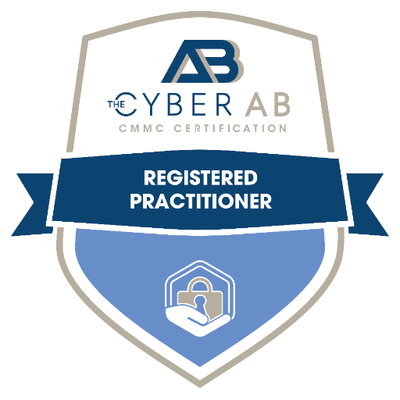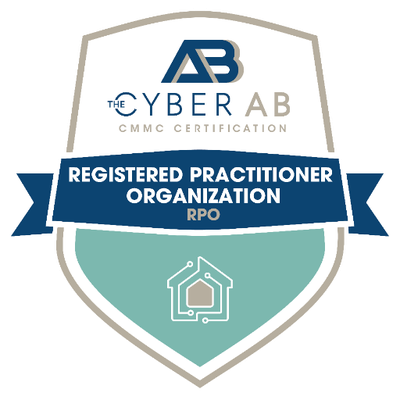Strategic compliance isn’t just about adhering to rules; it’s about safeguarding your reputation, minimizing risks, and fostering long-term growth. Navigating the realm of compliance can often feel like a daunting task, but it’s a crucial aspect of ensuring your business operates smoothly and ethically. Here are five indispensable tips to help you navigate this complex landscape with confidence.
1. Staying Informed is Not Enough, Compare Regulations and Laws in Your Industry
One of the first steps to effective compliance is understanding the specific regulations that govern your industry. Regulations can vary significantly—from healthcare to government contracting—and what’s crucial for one sector may not apply to another. Keeping abreast of these regulations ensures you’re prepared to meet compliance requirements without surprises.
For instance, healthcare organizations must adhere to stringent HIPAA regulations to protect patient information, while defense contractors navigate the intricacies of DoD’s Cybersecurity Maturity Model Certification (CMMC). By staying informed, you can proactively adapt your policies and procedures to align with current standards, mitigating complex compliance risks before they escalate.
2. Working with a GRC Platform vs. Folders and Spreadsheets
Governance, Risk, and Compliance (GRC) platforms streamline the management of regulatory requirements, deadlines, and audits. These platforms provide centralized access to regulatory updates, compliance tasks, and reporting mechanisms, ensuring nothing falls through the cracks. Whether it’s tracking deadlines for annual filings or managing documentation for audits, a GRC platform simplifies compliance management and reduces the likelihood of penalties due to missed deadlines or oversights.
By integrating technology-driven solutions like GRC platforms into your operations, you not only enhance efficiency but also demonstrate a proactive commitment to compliance, which can bolster your organization’s credibility with stakeholders, regulatory bodies, and customers alike.
3. Develop a Cultural Shift
Internal controls are the backbone of a robust compliance framework. They encompass policies, procedures, and practices designed to safeguard assets, ensure the accuracy of financial reporting, and prevent fraud. For small businesses, establishing a clear separation of duties, conducting routine audits, and implementing stringent approval processes are foundational internal controls that promote accountability and transparency.
These measures not only fulfill regulatory requirements but also enhance operational efficiency by minimizing errors and unauthorized activities. By embedding strong internal controls into your daily operations, you create a culture of compliance where every team member understands their role in maintaining regulatory standards.
4. Enhance Your Cultural Shift
Effective compliance hinges on the knowledge and vigilance of your workforce. Regular training sessions are essential to ensure employees understand their compliance responsibilities and stay updated on evolving regulations. Training should cover industry-specific rules, company policies, data protection protocols, and ethical guidelines relevant to their roles.
Educated employees are better equipped to identify compliance issues, mitigate risks, and uphold organizational integrity. Moreover, fostering a culture of compliance through ongoing education cultivates a proactive mindset, where adherence to regulations becomes ingrained in your organizational culture rather than viewed as a mere obligation.
5. Build a Team or Outsource
Navigating complex compliance requirements often requires specialized expertise. Professional advisors, such as legal counsel or compliance consultants, offer invaluable insights and guidance tailored to your industry’s unique regulatory landscape. Whether interpreting new regulations, conducting compliance audits, or developing mitigation strategies, these experts provide clarity and ensure your compliance efforts are comprehensive and effective.
Engaging with professionals not only enhances your compliance posture but also mitigates legal and financial risks associated with non-compliance. Their expertise allows you to focus on core business activities while maintaining confidence that your compliance initiatives align with regulatory expectations.
In today’s regulatory environment, compliance isn’t just a checkbox—it’s a strategic imperative for sustainable business success. By staying informed, leveraging technology with GRC platforms, implementing robust internal controls, prioritizing ongoing employee training, and seeking professional advice when needed, businesses can navigate the complexities of compliance effectively.
Remember, compliance isn’t solely about meeting legal requirements; it’s about safeguarding your business’s reputation, fostering trust with stakeholders, and positioning your organization for growth in a competitive landscape. Embrace these tips as pillars of your compliance strategy, and you’ll not only mitigate risks but also pave the way for sustained success and resilience in an ever-evolving regulatory landscape.





